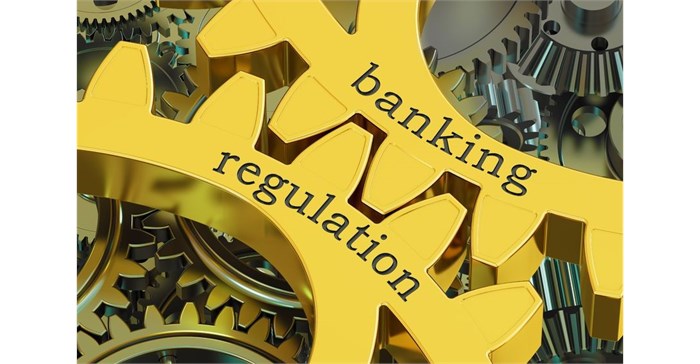Sarb to weigh up fintech and its impact on regulation
The South African Reserve Bank (Sarb) has established a fintech programme to assess the impact of technology on the financial services sector, and its regulatory implications. The main goal is to track and analyse developments in the fintech space and to assist policymakers in formulating frameworks in response to these emerging innovations.
The Sarb describes fintech as technologies applied to financial services with the potential to disrupt current business models, applications, processes or products. To evaluate the regulatory implications of these innovations, a framework is used to assess the impact of these developments in terms of the underlying economic function or activity performed (deposit taking, payments, lending and investments) as opposed to the specific entity or technology being used.
The fintech programme will focus on three primary objectives:
- The first objective is to review the Sarb’s position on private cryptocurrencies to inform an appropriate policy framework and regulatory regime. This review will address regulatory issues such as clearing and settlement risks, exchange control impacts, monetary policy and financial stability, and other matters such as cybersecurity considerations. Through collaboration with the other regulatory bodies, matters such as tax implications, consumer and investor protection, and money laundering activities will also be addressed. The Sarb expects to complete the review in the second half of 2018.
- Secondly, the central bank will investigate and decide on the applicability of innovation facilitators for its innovation facilitators - a collective term for innovation hubs, regulatory sandboxes and accelerators. Assessing the appropriateness of innovation facilitators is expected to be completed by the third quarter of 2018. Clear and transparent eligibility and participation criteria will be developed to assist in the consideration of applicants into a regulatory sandbox.
- The third objective is to launch Project Khokha, which will experiment with distributed ledger technologies (DLTs). The aim of this project is to gain a practical understanding of DLTs through the development of a proof of concept (POC) in collaboration with the banking industry. The objective of the POC is to replicate interbank clearing and settlement on a DLT which will allow the Sarb and industry to jointly assess the potential benefits and risks of DLTs. The POC involves the processing of wholesale payments using Quorum, an Ethereum enterprise DLT. The Sarb is aware of multiple DLTs being experimented with globally.
ConsenSys (a world-leading expert on Quorum) will partner with the Sarb in the design, setup of infrastructure and running of the POC. This does not imply a radical move to DLT for the country’s national payments infrastructure, but rather a structured approach to understand the implication of using a tokenised asset on DLT technology to transfer value. A public report will be released to explain all the findings, risks and benefits of the associated project during the second quarter of 2018.


































